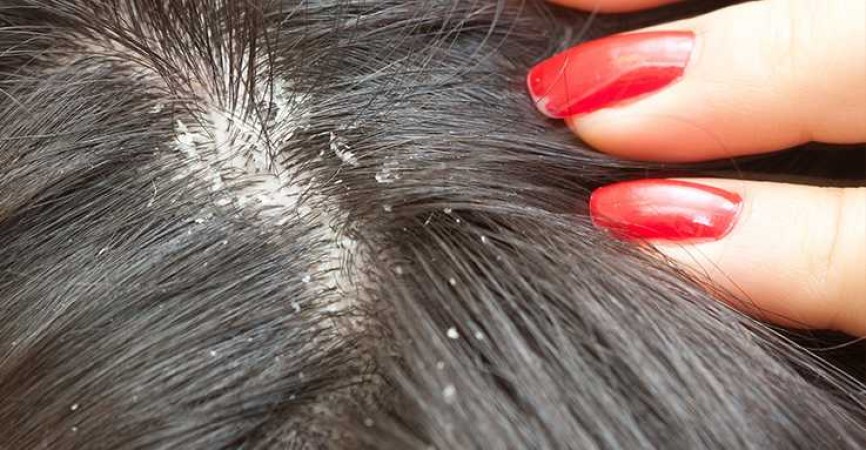
As the monsoon arrives, so do a host of hair and scalp issues, with dandruff being one of the most common concerns. The increased humidity and dampness during this season create an ideal environment for the Malassezia fungus to thrive on our scalps, leading to dandruff. Here are some simple dos and don'ts to help you keep dandruff at bay during the monsoon:
Dos:
Keep Your Scalp Clean: Wash your hair regularly with a mild anti-dandruff shampoo to keep your scalp clean and free from oil and dirt. Use lukewarm water for rinsing as hot water can strip the scalp of essential oils.
Use an Anti-Dandruff Shampoo: Choose a shampoo specifically formulated to combat dandruff. Look for ingredients like ketoconazole, zinc pyrithione, or selenium sulfide which help control the growth of the fungus causing dandruff.
Massage Your Scalp: While shampooing, gently massage your scalp with your fingertips to improve blood circulation and ensure thorough cleansing.
Dry Your Hair Properly: Make sure your hair is completely dry before stepping out, especially during the monsoon. Damp hair can exacerbate dandruff and fungal growth.
Maintain a Healthy Diet: A diet rich in zinc, vitamins, and omega-3 fatty acids helps keep your scalp healthy. Include foods like fish, nuts, leafy vegetables, and whole grains in your diet.
Use a Conditioner: Condition your hair after shampooing to keep it hydrated and to prevent dryness. Avoid applying conditioner directly to your scalp; instead, focus on the ends of your hair.
Stay Hydrated: Drink plenty of water throughout the day to keep your scalp hydrated from within. Hydration helps maintain the balance of oils on your scalp.
Keep Stress at Bay: Stress can exacerbate dandruff. Practice relaxation techniques such as meditation, yoga, or deep breathing exercises to reduce stress levels.
Protect Your Hair: Use an umbrella or a hat to protect your hair from getting wet in the rain. Wet hair can lead to the development of fungal infections and dandruff.
Consult a Dermatologist: If you have severe dandruff that does not improve with over-the-counter treatments, consult a dermatologist for a professional evaluation and treatment plan.
Don'ts:
Avoid Hot Water: Hot water can strip your scalp of natural oils, making it dry and prone to dandruff. Stick to lukewarm water instead.
Don't Scratch Your Scalp: Scratching can irritate your scalp and worsen dandruff. Be gentle when washing and drying your hair.
Limit Use of Hair Products: Avoid excessive use of hair styling products as they can build up on your scalp and worsen dandruff.
Don't Share Personal Items: Avoid sharing hairbrushes, combs, towels, or hats with others to prevent the spread of fungal infections.
Avoid Stress: Stress weakens the immune system and can exacerbate dandruff. Try to manage stress through relaxation techniques.
Don't Skip Conditioner: Using conditioner after shampooing helps keep your hair moisturized and prevents dryness.
Avoid Oily Foods: A diet high in oily and greasy foods can contribute to excess oil production on the scalp, leading to dandruff.
Don't Over-Wash Your Hair: While it's important to keep your scalp clean, over-washing can strip your scalp of its natural oils, causing dryness and dandruff.
Avoid Tight Hairstyles: Tight hairstyles can cause friction and irritation on your scalp, worsening dandruff. Opt for loose hairstyles instead.
Don't Neglect Regular Shampooing: Regular shampooing is essential to keep your scalp clean and free from oil, dirt, and dandruff-causing fungi.
By following these simple dos and don'ts, you can effectively prevent dandruff during the monsoon season and enjoy healthy, dandruff-free hair all year round.